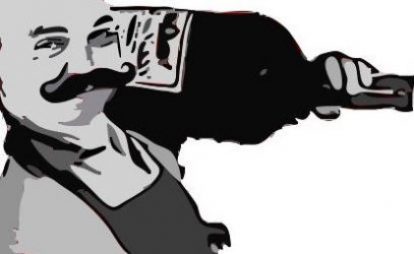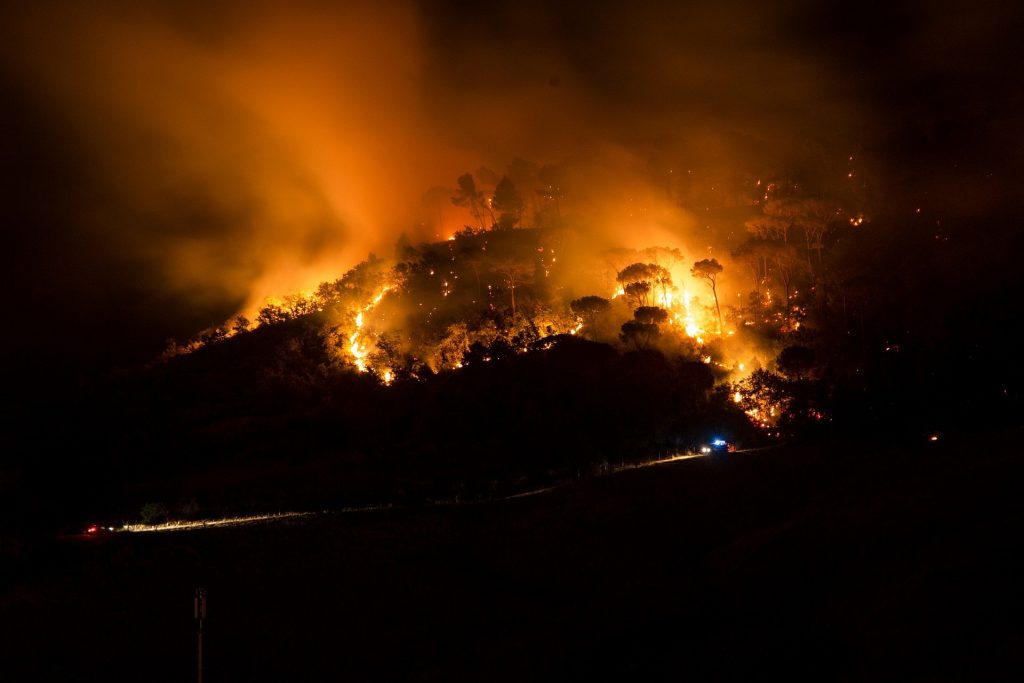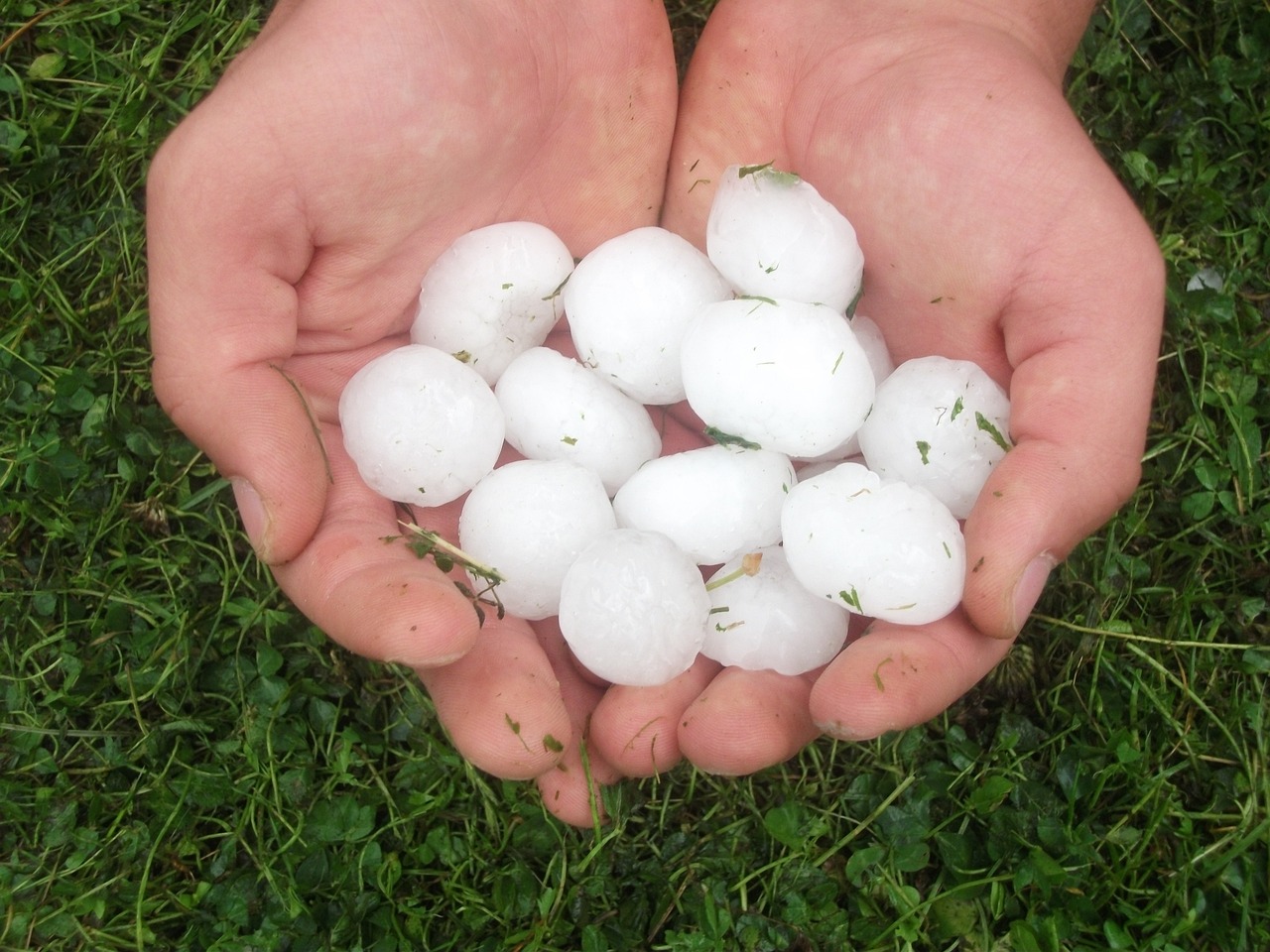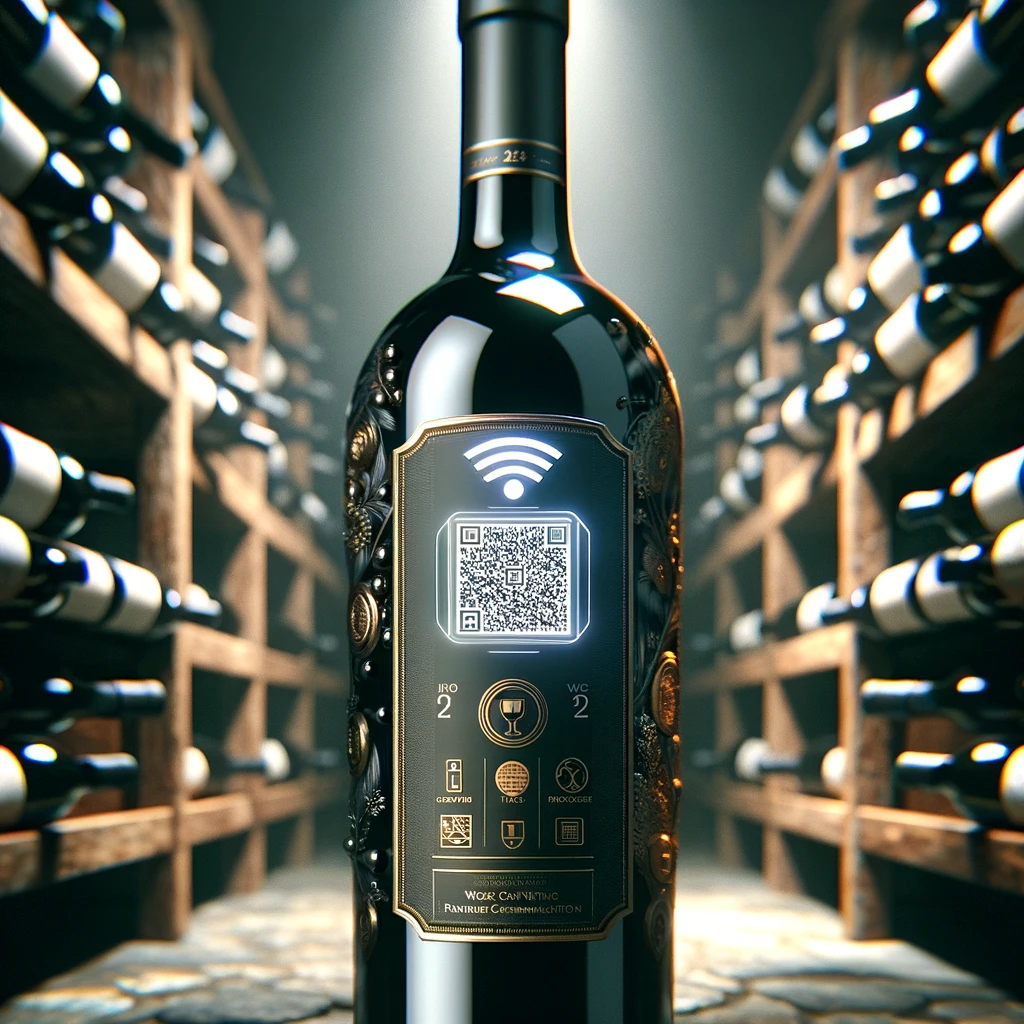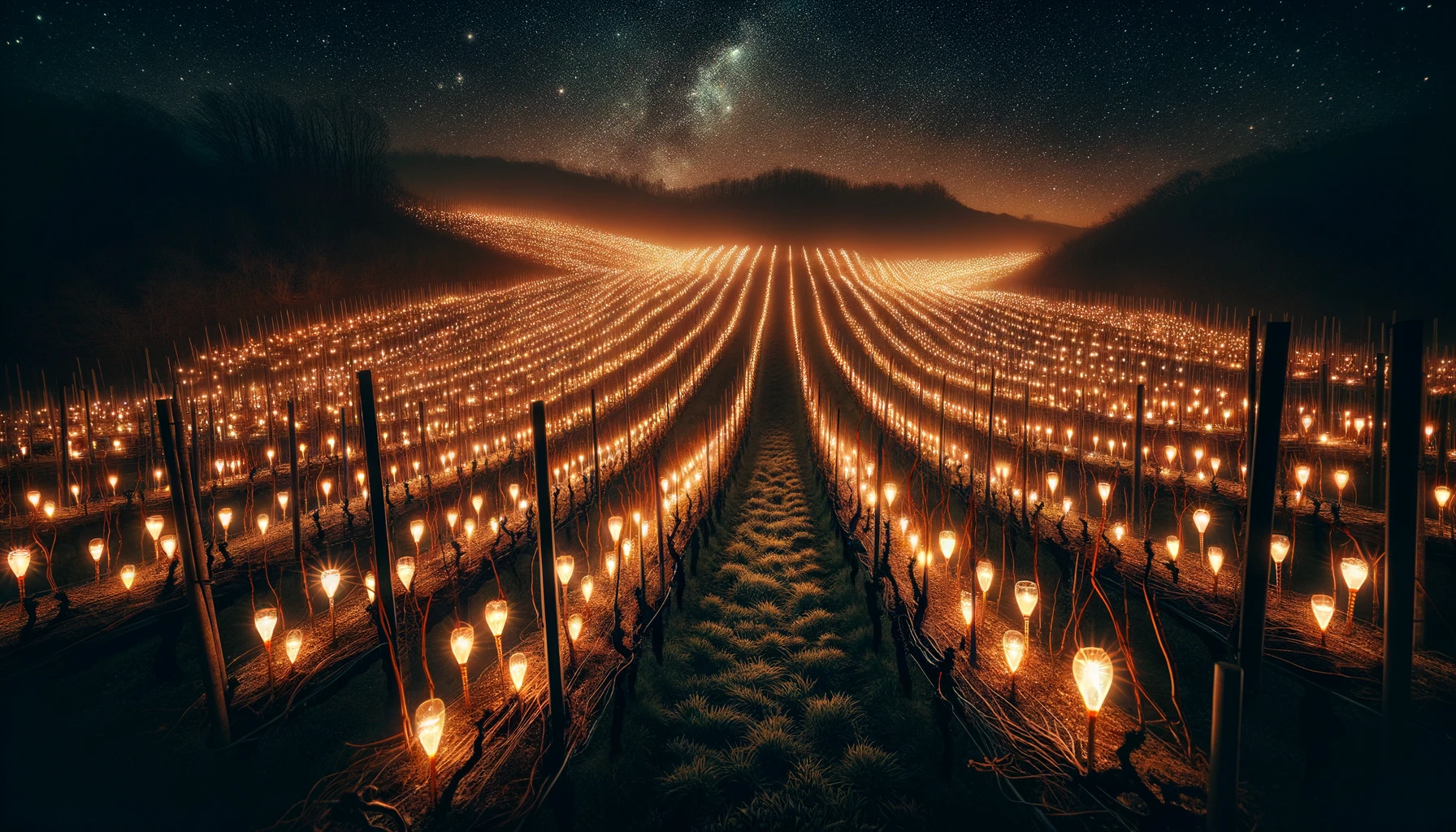Week two of just another quarantine, but I’ll try to give you a little more than last week’s slim pickings in the latest edition of the JollyCellarMaster Weekly, even though I do not seem to be the only one locked up as fairly little on the news front, but here we go:
The Usual Suspects and Some Good News
It’s Official
Remember last Tuesday when we were still speculating whether or not it was true what we had heard on the grapevine? Well, now it’s official, ProWein has been postponed to a new date: 15-17 May 2022. Let’s hope things will be better by then, but I honestly couldn’t think that the numbers could be as bad in Spring as they are now (current 7-day-incidence in Bolzano is 3.431 and that’s even less than last week!).
While this postponement might be far back enough for ProWein, I’m wondering whether that is true for the events scheduled for the next couple of weeks: Vinexpo Wine Parisis still scheduled to open on 14th February, Anteprime di Toscana has already been pushed back to late March and Grandi Langhe in April, when Vinitaly is supposed to take place as well. Not much we can do about it for now, I suppose, but keep our fingers crossed…
Where is the point?
We already established that the ongoing saga of scandals of different scale surrounding the classification system of St. Emilion is kind of a never-ending story. If you read this, you’ve probably following it, but just to sum it up quickly to bring you up to speed if you haven’t: Following the great success of classification systems in Bordeaux (think Medoc 1855), St Emilion started its own in 1955, differing from the others as it re-evaluates and updates its list every ten years (unlike the others that hardly change at all). That obviously creates fertile ground for bickering, cheating, manipulating and so on. And that is exactly what has been going on for a while, especially since for the first time since the initial classification the top tier saw two additions with Chateau Angelus and Pavie joining the original two Premier Grand Cru Classé ‘A Cheval Blanc and Chateau Ausone. The latter last year announced that they would no longer participate and leave the classification. One of owner of the two newly crowned chateaux, Hubert de Boüard of Angelus, has been found guilty of “unlawful bias” in his role in the 2012 Saint-Emilion classification, since he sat on the board that made the decision to promote his chateau… Angelus then decided to withdraw from the classification as well, saying that “once a source of progress, the Saint-Emilion classification has become a vehicle for antagonism and instability”. That takes the tale to a new climax. It also gives it a perfect cliffhanger if you are thinking of turning it into a Netflix series.
Falstaff has tried to talk to people from the industry and come on the record, but surprisingly most comments made from the other chateaux were made with the request not to be named. Cynical seems to be a term that has been used often to describe Angelus’ decision to absolve itself from its responsibility, considering that it at least indirectly contributed to the turmoil St. Emilion finds itself in. While it may not have been fair to prejudicated de Boüard, the withdrawal from the process earned him a lot of criticism. Mostly off the record and behind closed doors. However, Pauline Vauthier at Château Ausone (one of the two that had been in the top tier from the beginning) stated that she generally does not comment on the decisions of her colleagues. She did point out though that there is a difference between Angelus’ decision and her own: while Ausone did not even stand for the 2022 classification process, Angelus withdrew his candidacy during the ongoing process. Fair enough.
Of bigger concern is the overall damage done to the system itself. François Mitjavile of Château Tertre Rôteboeuf, which never applied for the classification but whose wine still ranks among the most expensive in the appellation, pointed out that “the current situation is very unfortunate because the Saint Emilion classification is useful for our appellation. What is needed now is that those who decide the classification begin to act in a coherent manner so that the classification will be respected again in the future.”
Considering the success of Château Tertre Rôteboeuf outside the classification system and the various disputes, especially people of the wine trade question whether they shouldn’t give it up entirely as Michael Grim of the Bacchus-Vinothek in Rottweil/Germany puts it: “There is no classification in Pomerol and any wine lover can distinguish a Lafleur, Trotanoy or La Fleur Petrus from a Château Taillefer”.
The latest on Smoke Taint
The Wine Industry Advisor last week brought us the latest research on smoke taint. It comes after a presentation from Tom Collins, who is the head of the smoke research efforts at Washington State University, and an update on his multi-year research on the effects of smoke on grapes and wine made from grapes exposed to smoke. He stressed that the results are preliminary and final conclusions are awaiting publication in a series of scientific journals, but talked about experiments focused on the effectiveness of barrier sprays and the sensor network being created throughout the geographical wine regions of Washington state.
I don’t want to spoil the exact findings and would rather direct to the full article. Yet, it is interesting to see to what length growers have to go to protect and save their crop from the effects of smoke. Basically, spraying them with different applications before exposure and the cleaning them up afterwards, but the devil is obviously in the detail and it’s far from being as simple as that.
Protection against Covid
And in order to leave you on a positive note, here are some news from across the channel that should cheer you up: A major British study shows that a few glasses of Pinot might lower your risk of contracting Covid.
A study released this month in the academic publication Frontiers of Nutrition used a population of 473,957 people in the UK who are part of a long-term medical study called the UK Biobank. It consists of volunteers who allow the UK National Health Service to follow every aspect of their health as they age.
Isn’t that good news for winelovers?!?
—
Well, that’s all for the week but if you have an interesting story to tell or simply want to chat about wine as a guest on the Podcast, connect on Twitter or drop me a line. And if you want to stay in the loop about things happening at the JollyCellarMaster and the world of wine, make sure you sign up to our newsletter.
—
Disclaimer: As always, I’d like to be completely transparent about affiliations, conflicts of interest, my expressed views and liability: Like anywhere else on this website, the views and opinions expressed are solely those of the original authors and other contributors. The material information contained on this website is for general information purposes only. I endeavour to keep this information correct and up-to-date, I do not accept any liability for any falls in accurate or incomplete information or damages arising from technical issues as well as damages arising from clicking on or relying on third-party links. I am not responsible for outside links and information is contained in this article nor does it contain any referrals or affiliations with any of the producers or companies mentioned. As I said, the opinions my own, no liability, just thought it would be important to make this clear. Thanks!
